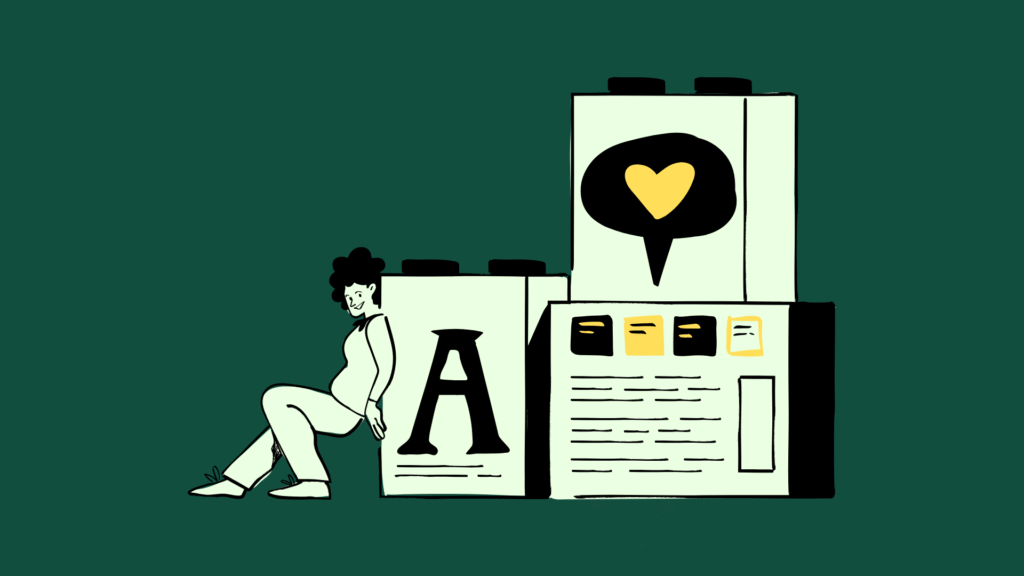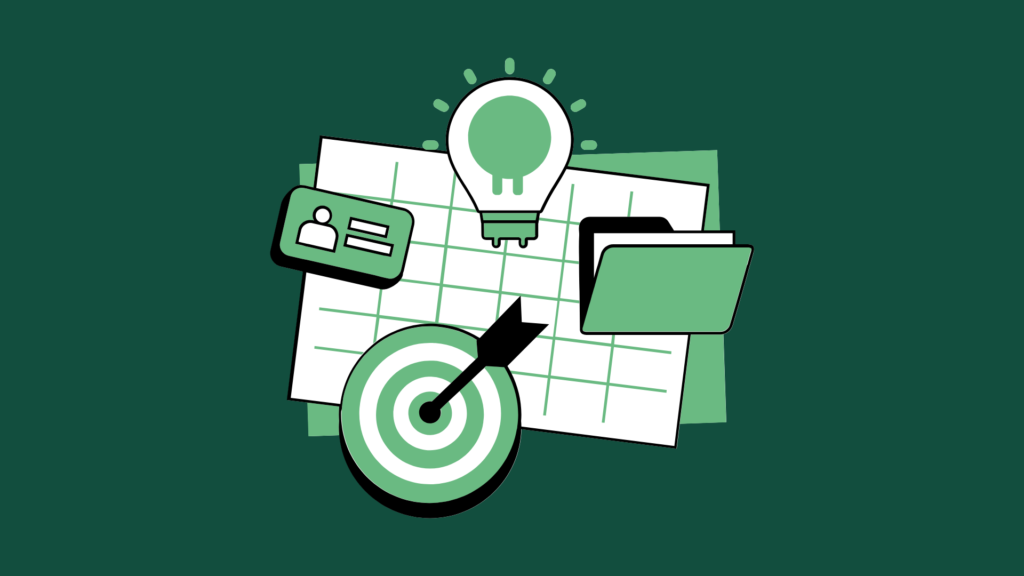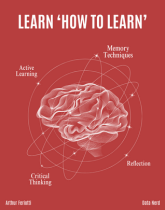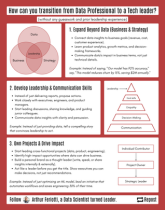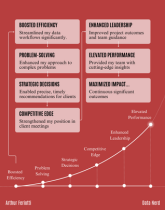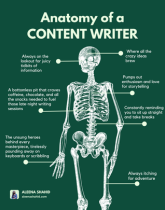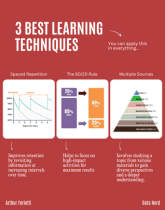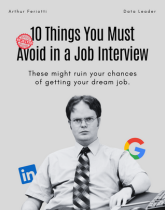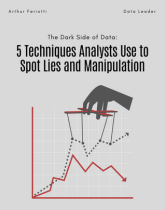When I landed my first gig as a remote content writer at a writing agency, I thought I had it all figured out. Work from home? Easy. Just write some articles, meet deadlines, and collect the paycheck, right? But reality hit fast. Tight deadlines, demanding clients, and the constant pressure to deliver perfect content—it wasn’t the cakewalk I imagined.
I found myself overwhelmed, second-guessing every word I typed. But here’s the thing: those early challenges became my biggest teachers. They pushed me to grow, adapt, and, most importantly, survive in the content world. In this post, I’m sharing the lessons I learned the hard way, so you can avoid the pitfalls and hit the ground running in your own career.
7 Lessons I Learned From My First Writing Gig

The Excitement and Nerves of the First Day
I still remember the excitement and nerves of my first day like it was yesterday. I’m sitting at my desk, coffee in hand, staring at my computer screen, trying to look calm and professional—on the outside, at least. On the inside? Total chaos. My heart was racing, and my mind was spinning with questions. Am I doing this right? What if I miss a deadline? Or worse, what if my writing isn’t good enough?
The reality of remote work hit me hard. No bustling office, no colleagues to chat with—just me, my laptop, and a blank document that wasn’t going to fill itself. I was both thrilled to start and terrified of messing up. But, as I dove into my first tasks, I realized something important: it’s okay to feel nervous. That mix of excitement and fear? It’s what pushes you to do your best. And on that first day, I learned to embrace the nerves—they meant I cared.
Ps: Lucky for you, you don’t have to stare at a blank screen because I decoded 59 Content Frameworks that bring in millions of views and $$$ in revenue.
The Workplace Dynamics
I didn’t have the luxury of popping by a coworker’s desk for a quick chat or catching up on the latest office gossip during lunch breaks. Instead, it was just me, my computer, and a bunch of people I only knew through emails and profile pictures.
At first, I felt like a bit of an outsider, trying to figure out who’s who and how things worked without the usual office cues. But I quickly realized that, in a remote setting, communication is everything. So, I made it a point to reach out, introduce myself, and engage with my teammates. It wasn’t just about getting the job done; it was about building connections in a virtual world.
Embracing Responsibility
When I took on my first big project as a remote content writer, the excitement quickly turned into a mix of pride and panic. I was finally being trusted with something more substantial, but with that came the weight of responsibility. There was no team huddle to brainstorm ideas or a manager hovering nearby to guide me step by step—it was all on me.
At first, I hesitated, overthinking every word, every sentence. I didn’t want to mess up, but the fear of making a mistake almost paralyzed me. Then it hit me: I was so focused on avoiding failure that I wasn’t giving myself the chance to succeed. So, I took a deep breath and dove in, trusting that I knew more than I gave myself credit for.
Time Management Skills
At first, I struggled to balance the multiple projects on my plate. I’d find myself staring at the clock, wondering where the day went, with half of my to-do list still staring back at me. The pressure was real, and I knew I needed to figure it out fast if I wanted to keep my sanity and my job.
Instead of trying to do everything at once, I focused on the tasks that needed my immediate attention and pushed the less urgent ones to later. And when procrastination tried to sneak in, I tackled it head-on by breaking down overwhelming tasks into smaller, manageable steps. It was amazing how much easier it was to get started when I wasn’t staring at a mountain of work.
The Power of Asking Questions
In the beginning, I was hesitant to ask questions. I didn’t want to come off as inexperienced or, worse, like I had no idea what I was doing. But pretty quickly, I realized that trying to figure everything out on my own was slowing me down and leading to unnecessary mistakes. I needed answers, and the only way to get them was to ask.
So, I bit the bullet and started reaching out—whether it was clarifying a client’s brief, understanding the expectations for a project, or simply asking for feedback on a draft. What I found was that asking questions didn’t make me look clueless; it showed that I cared about doing the job right. It also opened up opportunities for learning that I would have missed out on otherwise.
The funny thing? The more questions I asked, the more comfortable I became with it. I realized that people were actually happy to help and appreciated that I was thorough.
Realizing the Importance of Feedback
On one hand, I knew it was crucial for growth. On the other hand, I dreaded it. My early drafts were met with edits and suggestions that felt overwhelming. I’d think, “Is my work really that bad?” But over time, I realized that feedback wasn’t a personal attack—it was a gift.
I began to view each piece of feedback as a roadmap to improvement. Instead of cringing at corrections, I started to appreciate them. Each suggestion pointed me towards what I could do better, what worked, and what didn’t. Sure, there were moments when the feedback stung, but I learned to take it in stride and use it to fuel my growth.
I also discovered that asking for feedback wasn’t a sign of weakness; it was a strength. When I proactively sought out opinions, I showed that I was committed to improving. And guess what? The more feedback I got, the more I refined my skills and the better my work became.
Understanding Work-Life Balance
Finding work-life balance as a remote content writer was like walking a tightrope. At first, my work and personal life blended into one big, chaotic mess. My “office” was my dining table, and the line between working hours and downtime was so blurred, it was practically nonexistent.
I quickly realized that working from home didn’t mean working all the time. Here’s what worked for me: I started creating a structured routine. I set specific work hours and stuck to them. When my “workday” ended, I physically closed my laptop and put it away. It was a simple act, but it helped signal to my brain that the workday was over.
Wrapping Up
Reflecting on my first job, I realize it wasn’t just about cranking out content—it was about figuring out how to survive and thrive in a tough world. I get it—you’re probably feeling the same stress, and the same doubts.
But here’s a little secret I wish I knew back then: don’t just take feedback, chase it. Seriously, ask for it, even when it’s hard to hear. It’s the quickest way to get better and build confidence. Trust me, those early lessons will stick with you and make all the difference.



